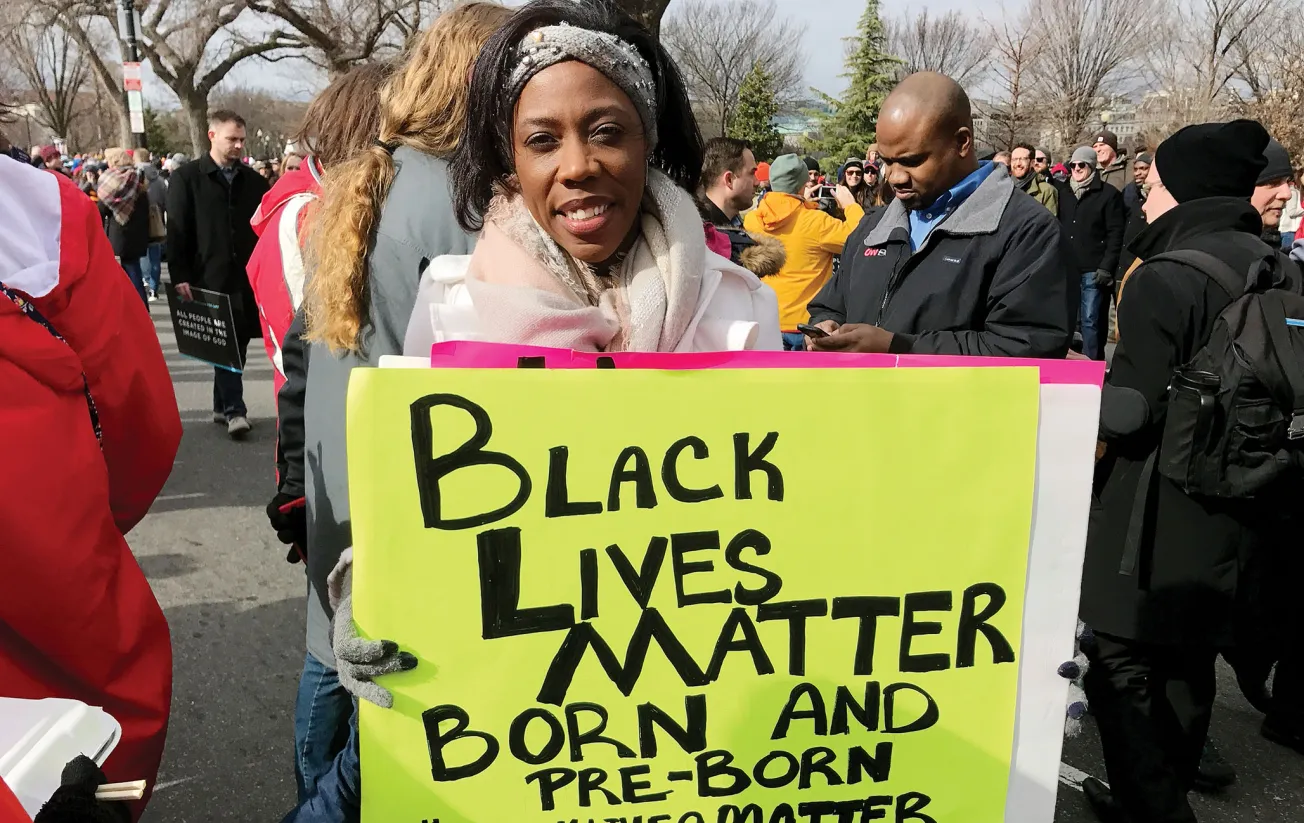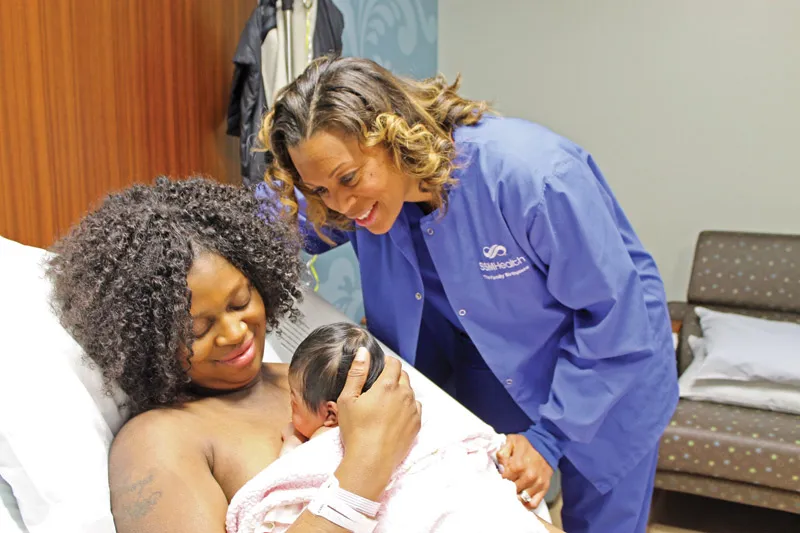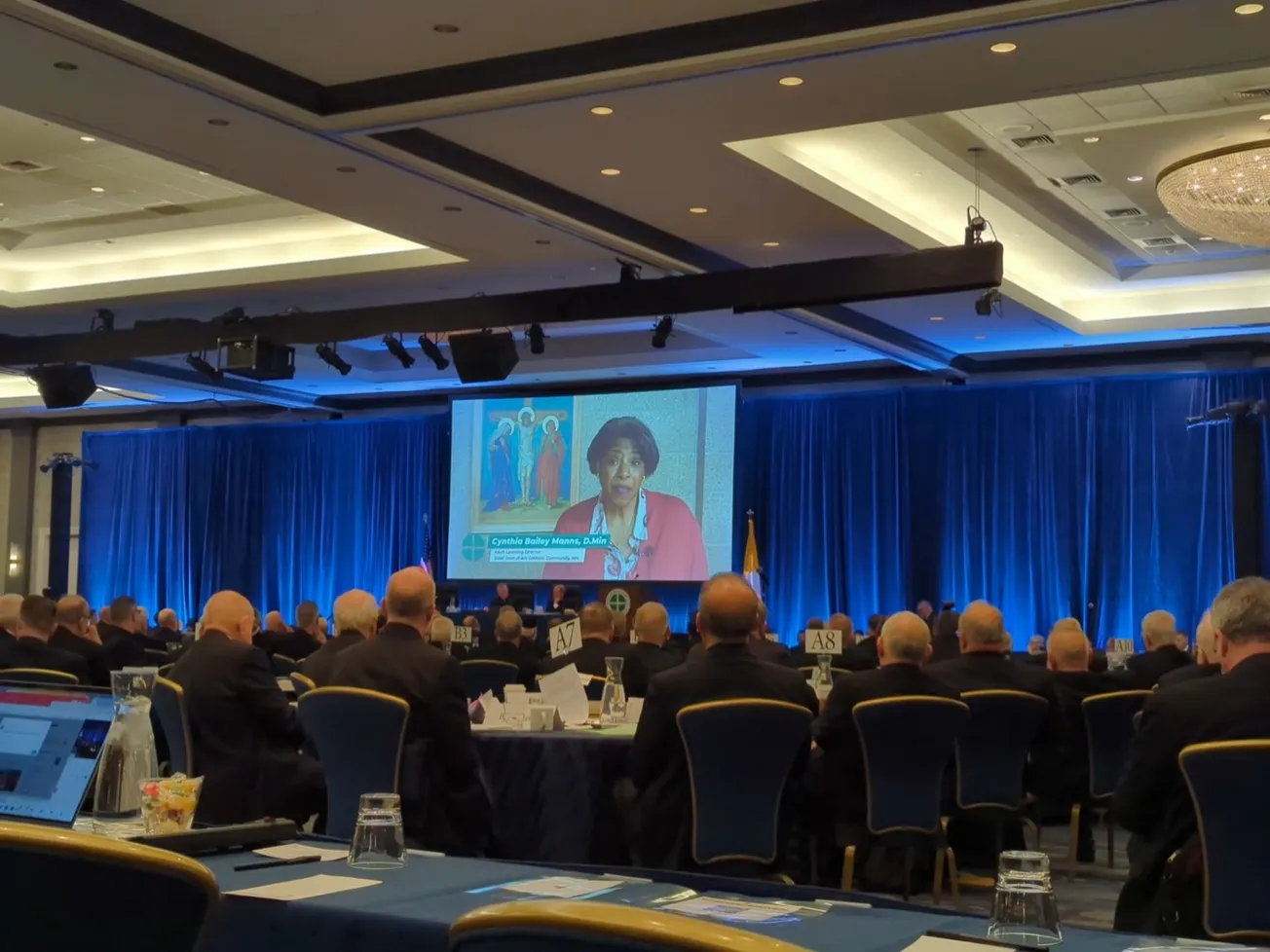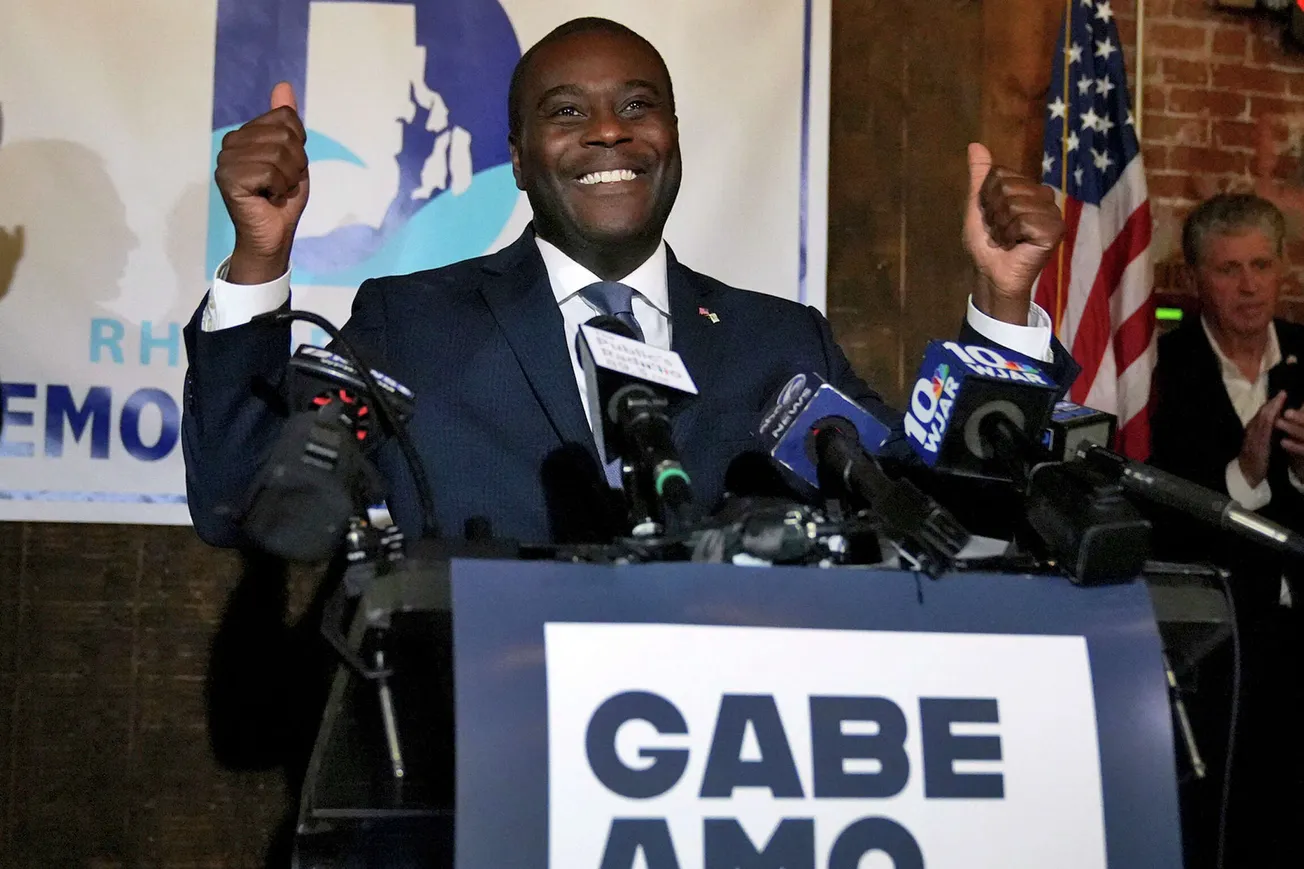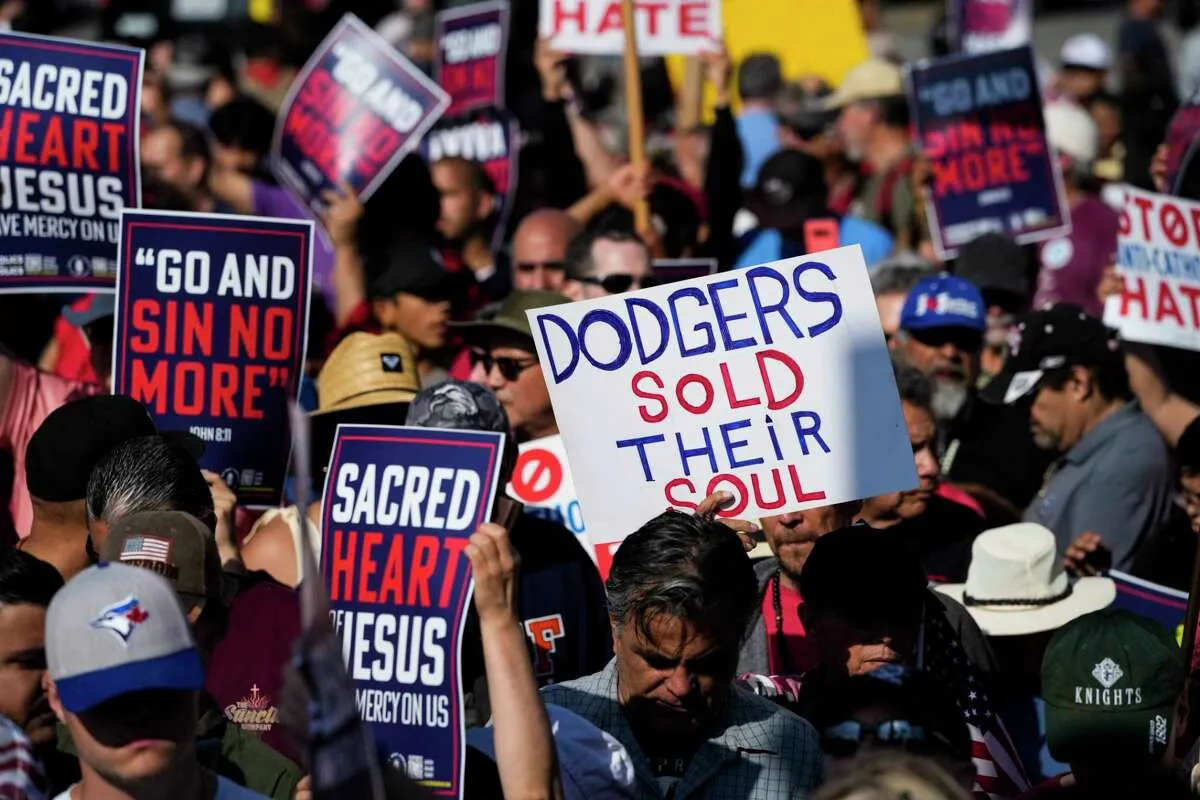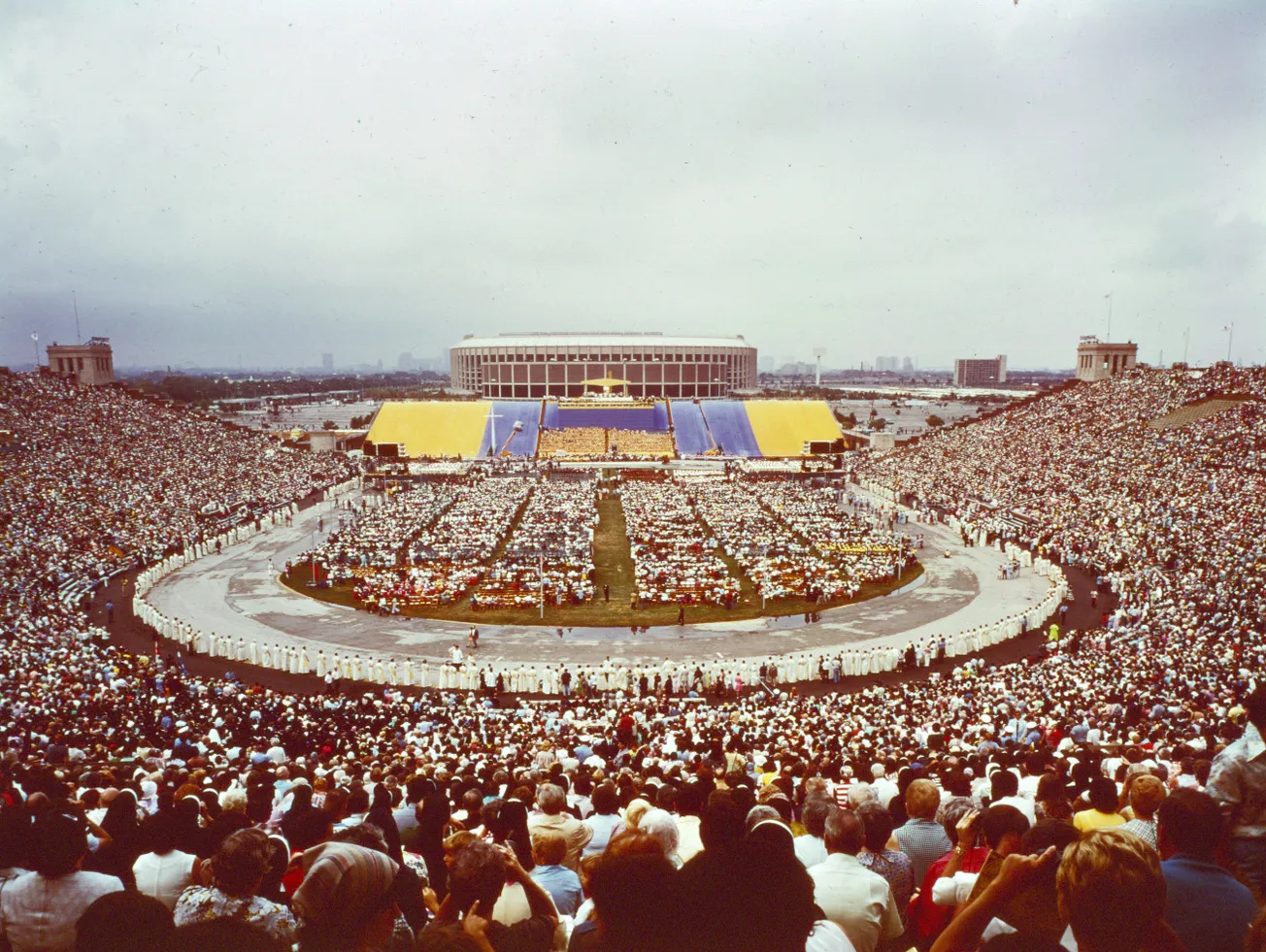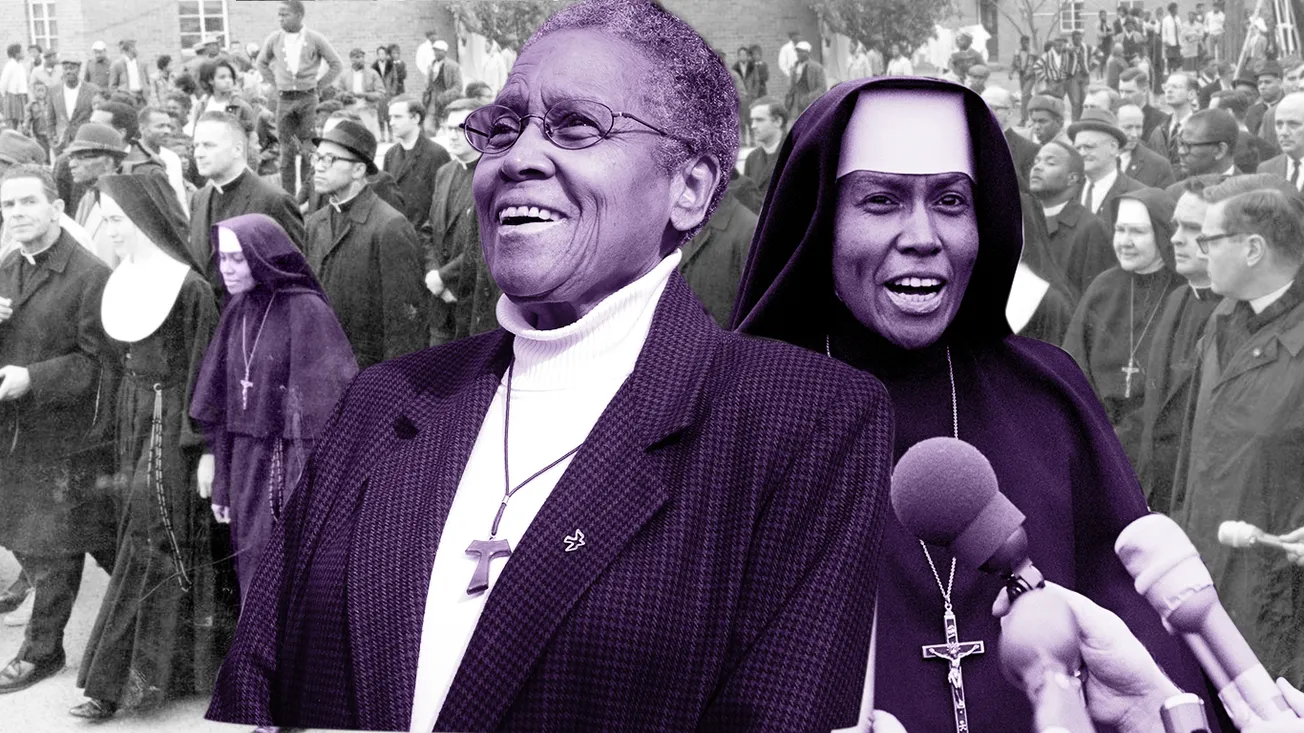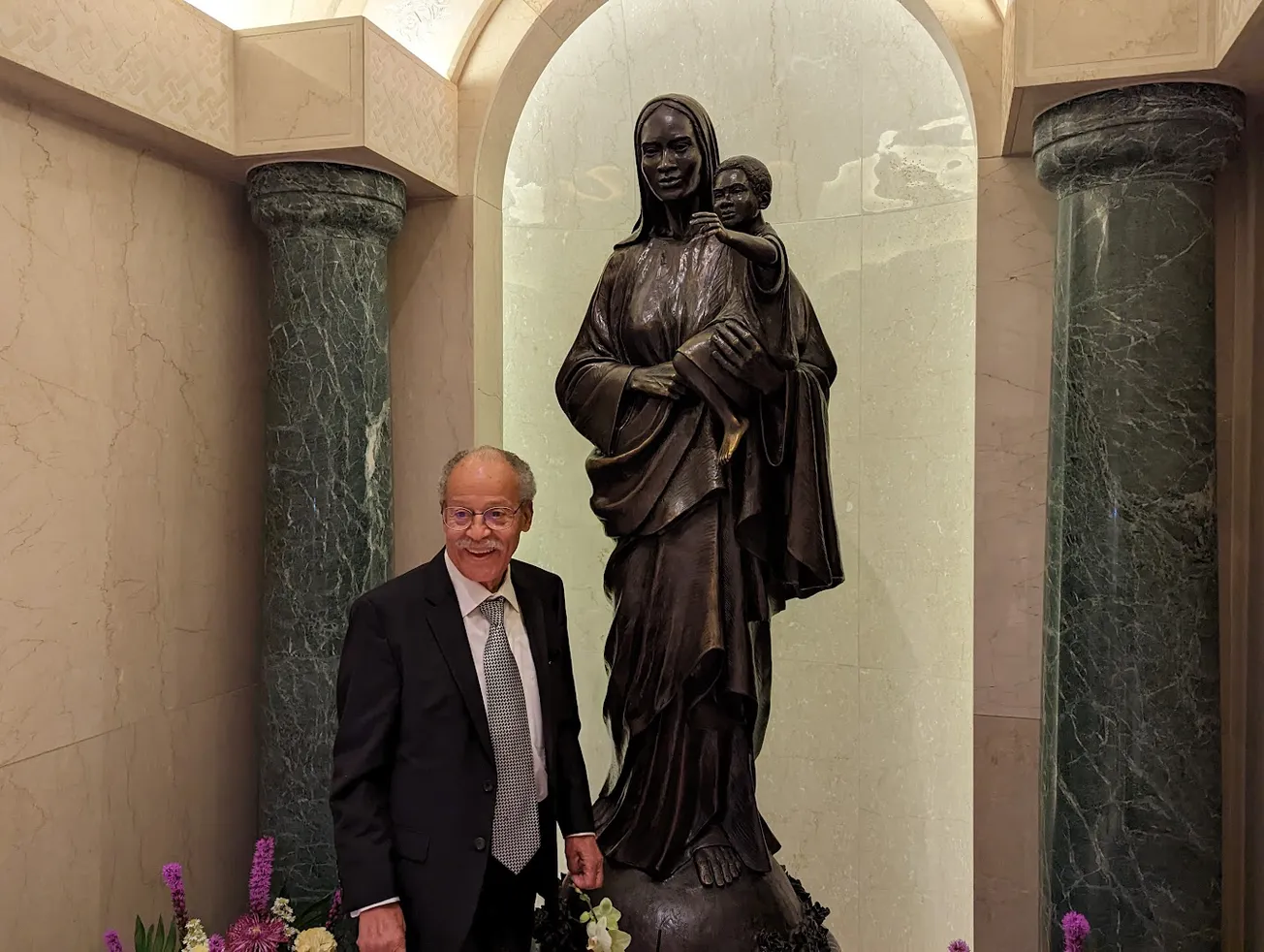Editor’s note: This piece contains graphic content including descriptions of abortion, rape, homicide, and infanticide. Reader discretion is advised.
When I was ten years old, I attended the Walk for Life in San Francisco with my best friend and her family. We took a bus to the city with a group from the Catholic church and school we attended.
What I still vividly remember to this day, and what had a huge impact on my life, was a short video shown that depicted the reality of abortion. There were images of aborted babies that looked like tiny, formed humans being discarded like trash.
I became staunchly pro-life after that.
So, when I found out I was pregnant at age 19 during the beginning of my second year of college, abortion was not an option for me—much to the chagrin of my highly educated and professionally successful family members. I had become what American society ridicules and despises: an unwed Black teenage mom.
I am in that statistic of single Black women that give birth, a demographic that pro-life activist Abby Johnson derided in her June 2020 YouTube rant attacking the Black community and saying it would be smart if police racially profiled her Black adopted son.
(Johnson later deleted the video and blocked others from reposting it. She headlined this year’s March for Life in DC.)
What is not encapsulated in the statistic, however, is that I went on to get married, finish college, and say yes to the three other children God gave my husband and me.
I had many Black female friends who did not want to be seen by their families or society as a statistic. I had friends who became the first in their families to graduate from college, or who grew up in single-family homes with mothers who struggled to make it, or who had career aspirations that they couldn’t afford to risk.
These women made the hardest decision of their lives and chose to have abortions. It’s not that they didn’t believe they had conceived a new life. It was that they didn’t feel they had a choice to go forward with a pregnancy.
Though I always encouraged them to choose life, I also refused to judge them when they didn’t.
As such, I feel ambivalent about the predominantly White, middle-class Pro-Life Movement (PLM) and the March for Life. White women—especially those who have chosen to abort before joining the movement—will never understand the expectations, aspirations, economic anxiety, and discrimination placed upon expectant Black women in America.
For centuries, enslaved Black women had no control over their own bodies as White slaveholders freely raped and impregnated the Black women under their control. Their children could be sold and sent away at any time, and they had no ability to prevent slaveholders from brutalizing their children.
The acclaimed Black Catholic author Toni Morrison’s Pulitzer Prize-winning novel “Beloved” was based on a real-life woman just like that, named Margaret Garner. In 1856, a 22-year-old Garner and her husband escaped slavery with her four children. Shortly after, on the verge of being captured and returned to slavery, Garner decapitated her 2-year-old daughter and later stated she had intended to kill her three other children as well, rather than see them returned to slavery.
It was believed that Garner’s slaveholder was the father of two of her children.
In “Beloved”, Sethe—the character inspired by Garner—and her 18-year-old daughter Denver live in a house that is literally haunted by the ghost of Sethe’s deceased daughter, whom she killed.
While pregnant with Denver, Sethe had escaped slavery and reunited with her three young children she’d sent ahead to live with their paternal grandmother, a free woman.
After less than a month, when Sethe’s former owner found her and her four children, Sethe killed her infant with plans to do the same to her other three children as well. Sethe, like Garner, fiercely loved all her children, which was dangerous in a time when enslaved women’s loved ones could be sold away or abused at any moment.
Another character in the novel, Paul D, who was formerly enslaved on the same plantation as Sethe and her family, meditated on this reality:
“Risky… very risky. For a used-to-be-slave woman to love anything that much was dangerous, especially if it was her children she had settled on to love. The best thing, he knew, was to love just a little bit; everything just a little bit, so when they broke its back, or shoved it in a croaker sack, well, maybe you’d have a little love left over for the next one.”
After emancipation, Black women had very few opportunities to get ahead and assert their agency, due to segregation, the patriarchy, and White Supremacy more generally. Moreover, since the 1970s, Black women have been demonized and stereotyped as lazy, immoral, “welfare queens” who recklessly have children in order to receive government support.
Today, for African-Americans still segregated in economically-depressed neighborhoods with underfunded schools, the highest unemployment rates in the country, and loved ones overly incarcerated, the question still remains: If I have this baby, what type of life will they have?
My husband and I sacrificed financially so I could stay home with our children. Paying for childcare for four kids would not have made much financial sense, so I put my career and higher educational aspirations on hold and focused on raising my children.
However, the physical, emotional, and mental toll of having four children in six years proved too much for me. I had a mental breakdown a year and a half after my youngest was born. I’ve since learned that this is not an uncommon experience for moms with large families. However, supporting moms and families mentally, emotionally, and financially after the birth of a child is a topic the Pro-Life Movement does not speak about often enough.
In the depths of my despair after my breakdown, all I could ask was why would God allow me to experience such pain and hardship after I’d done what I had always believed was right: choosing life.
I don’t have enough space here to recall how God restored my health, restored my family, and restored my faith. After my breakdown, I was forced to give up trying to be a “good” Catholic mom. I had to work, and I knew for certain I couldn’t have another baby. I was able to start a career, go back to school for a professional degree, and write two novels.
I realized that though I’d sacrificed much, I still had plenty of time left to achieve goals as my children grew and entered school. When speaking to my older friends who have had abortions, I have heard some of them lament that if they’d known the pregnancy they had terminated was their only chance at motherhood, they would have made a different decision.
To this day, I’m thankful for each and every child I have, regardless of how difficult it’s been at times. I am still staunchly pro-life. But I’m not going to pretend that women who face unplanned pregnancies won’t be judged, condemned, and unprovided for in many cases.
Moreover, the vast majority of those in the PLM support a political party that is against social programs that would help provide for women and families—like welfare, child tax credits, affordable daycare and healthcare, paid family leave, and quality public education. They invite racist and xenophobic people like Marjorie Taylor Greene and Donald Trump to share their stage. They condemn racial justice movements like Black Lives Matter, which advocate for Black people to be able to live free from racism, police brutality, and inequality.
In nearly every way, the PLM proves that “pro-life” to them means “pro-birth.” But even the term “pro-birth” is used loosely, because the PLM largely does not promote policies to improve Black maternal health or infant health. Black women are three times more likely to die from pregnancy-related causes than White women, and Black infants have 2.3 times the infant mortality rates of their White counterparts.
Regardless of whether Roe v. Wade is overturned, much has to change in our churches, in our communities, in our workplaces, and in our hearts and minds so that women—and especially Black women—feel they can choose life when faced with a positive pregnancy test.
Catholics need to step aside from political positions that do not value unborn babies in the womb, as well as those that do not support babies after their births. We need to create a just, equitable, and loving society based on the teachings of Jesus and our Church.
Alessandra Harris is author of two novels and is a wife, mother of four, and co-founder of BCM. She earned degrees in Comparative Religious studies and Middle East Studies and currently studies in the Diocese of San Jose's Institute for Leadership in Ministry. She has also contributed to publications such as America Magazine, Grotto Network, and US Catholic. Her third novel is due in 2022.


